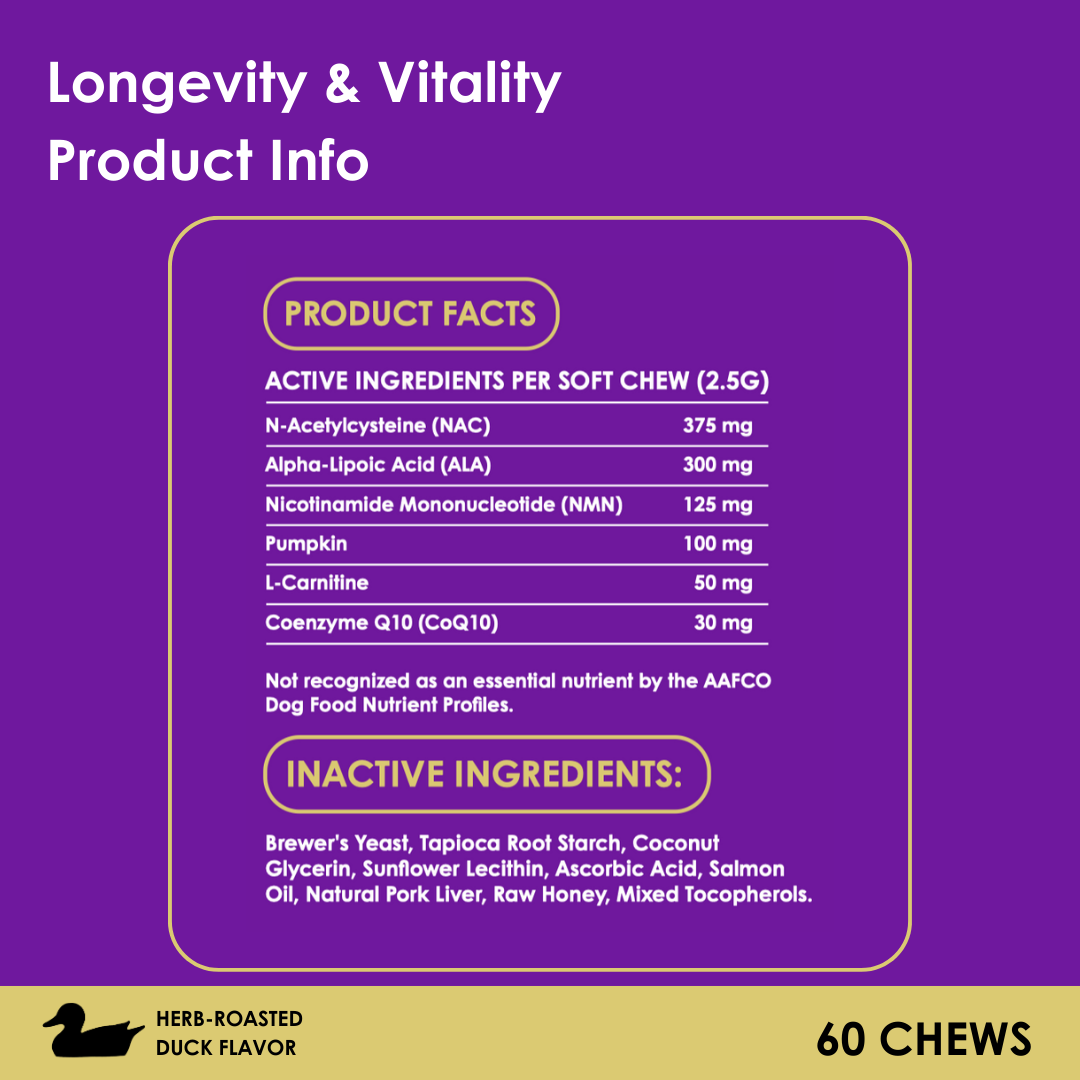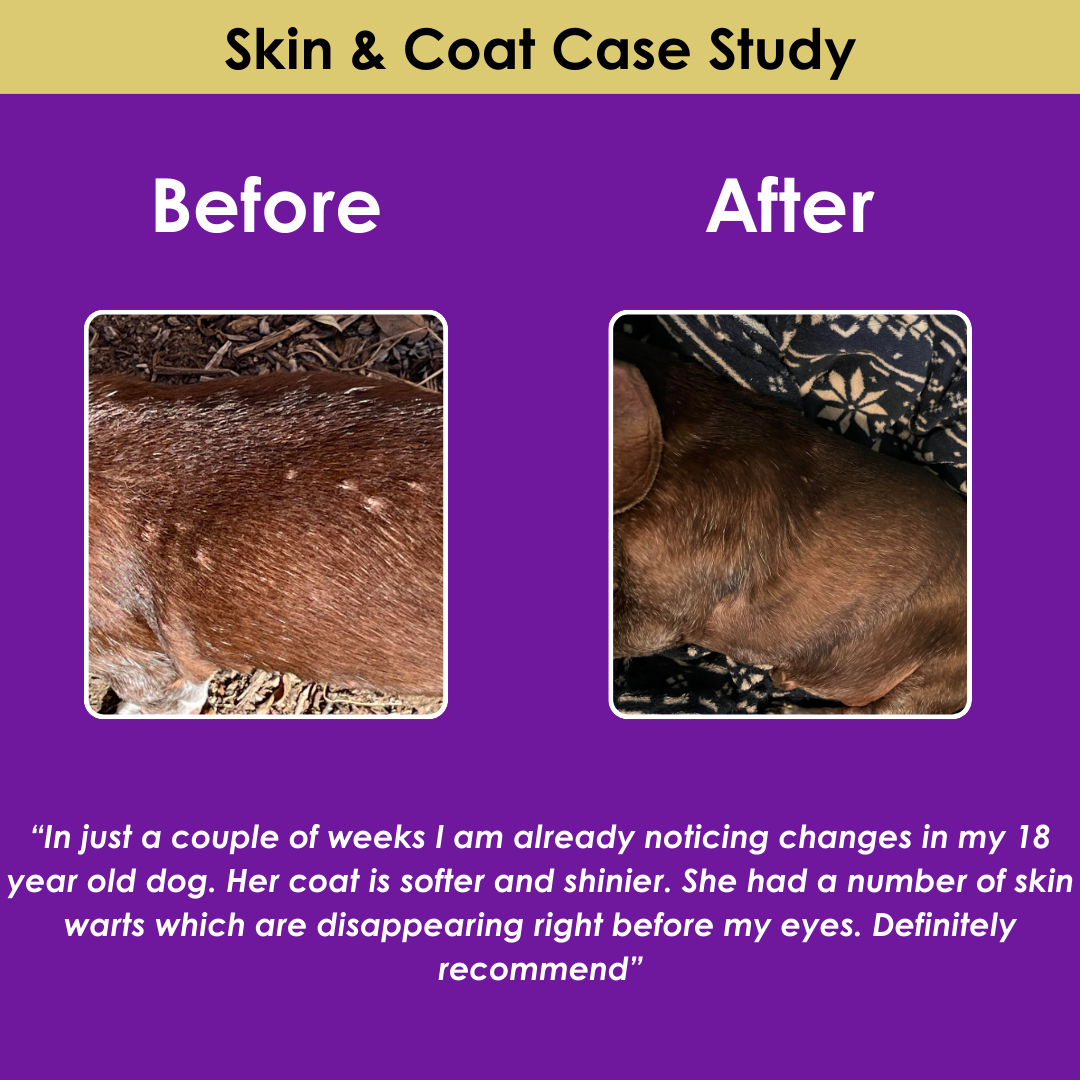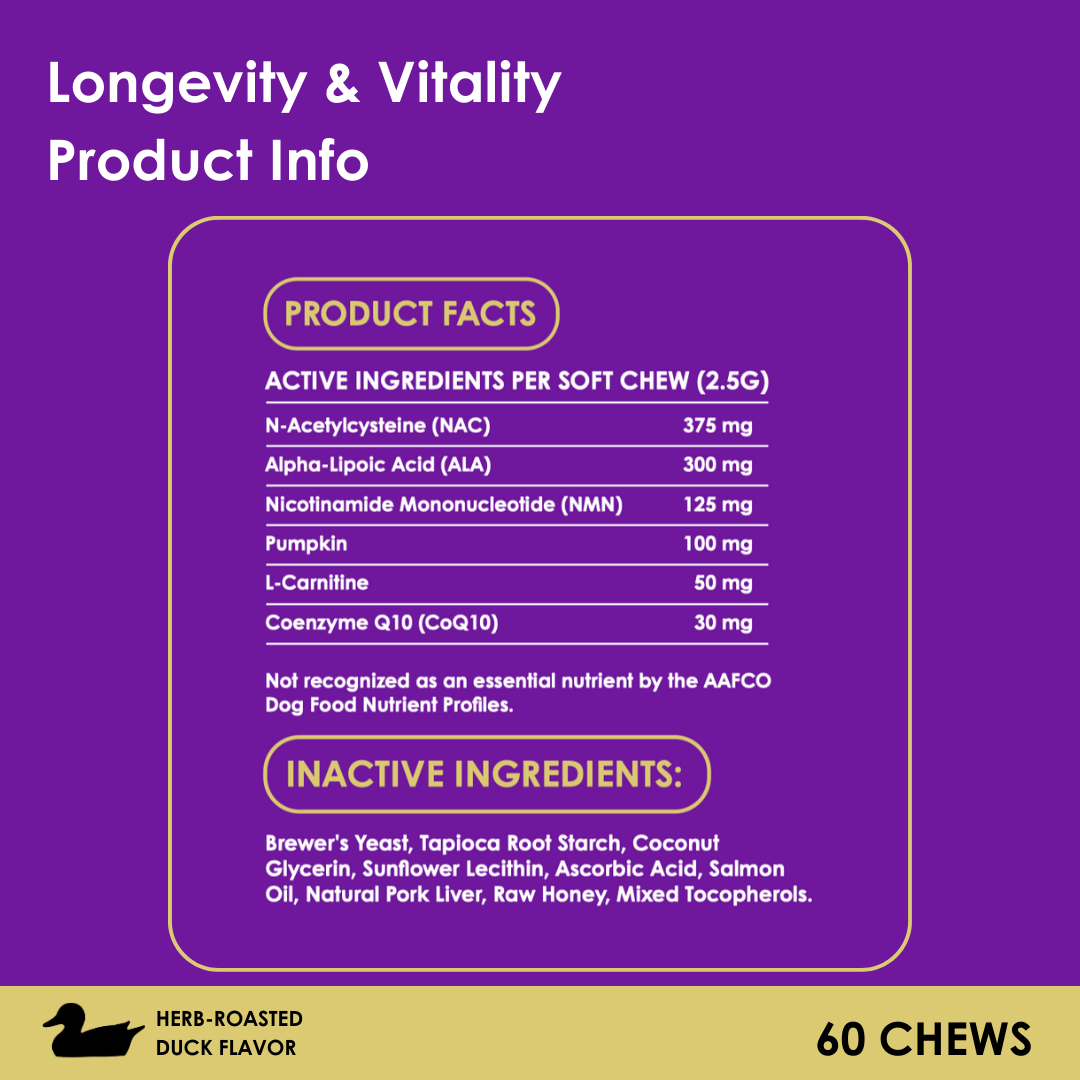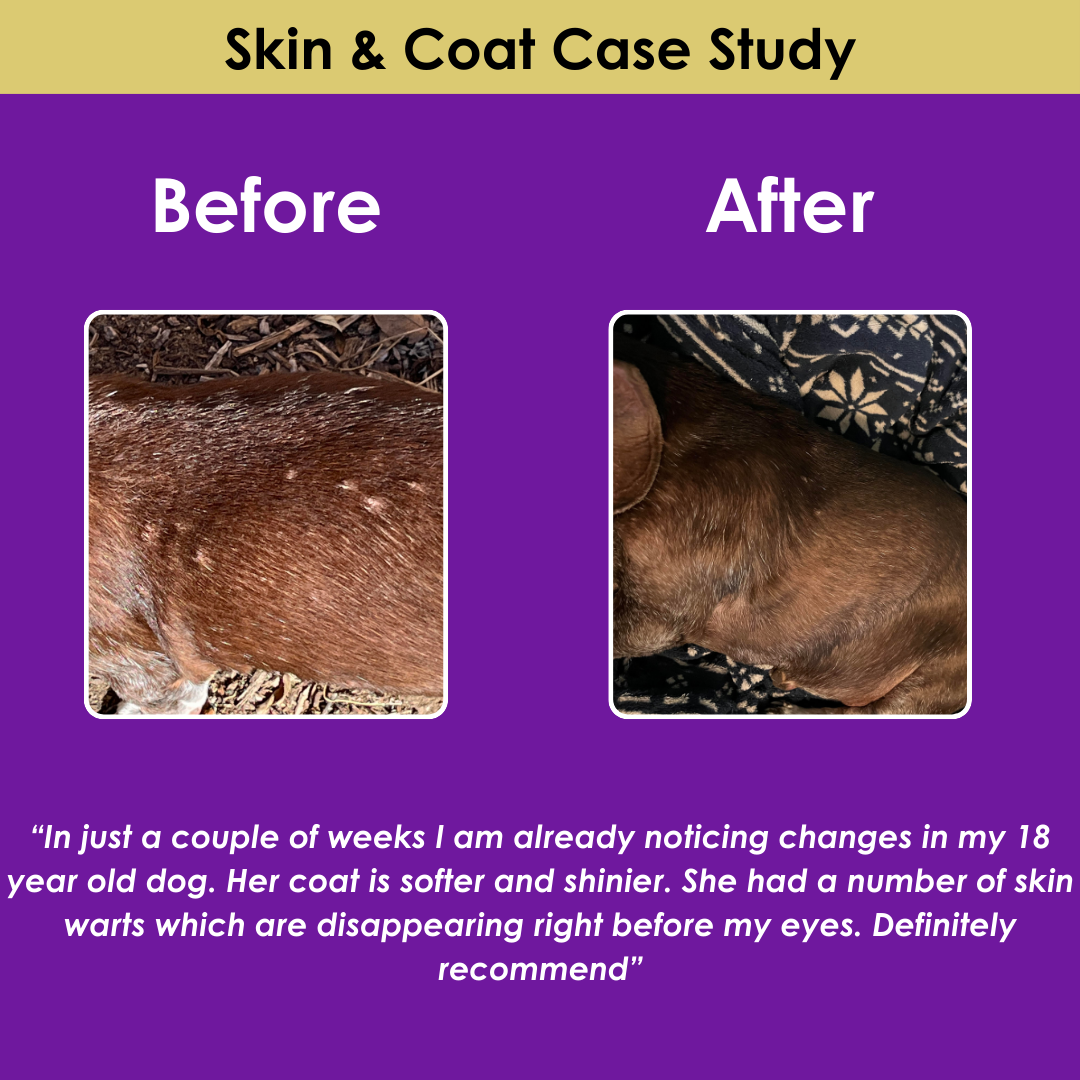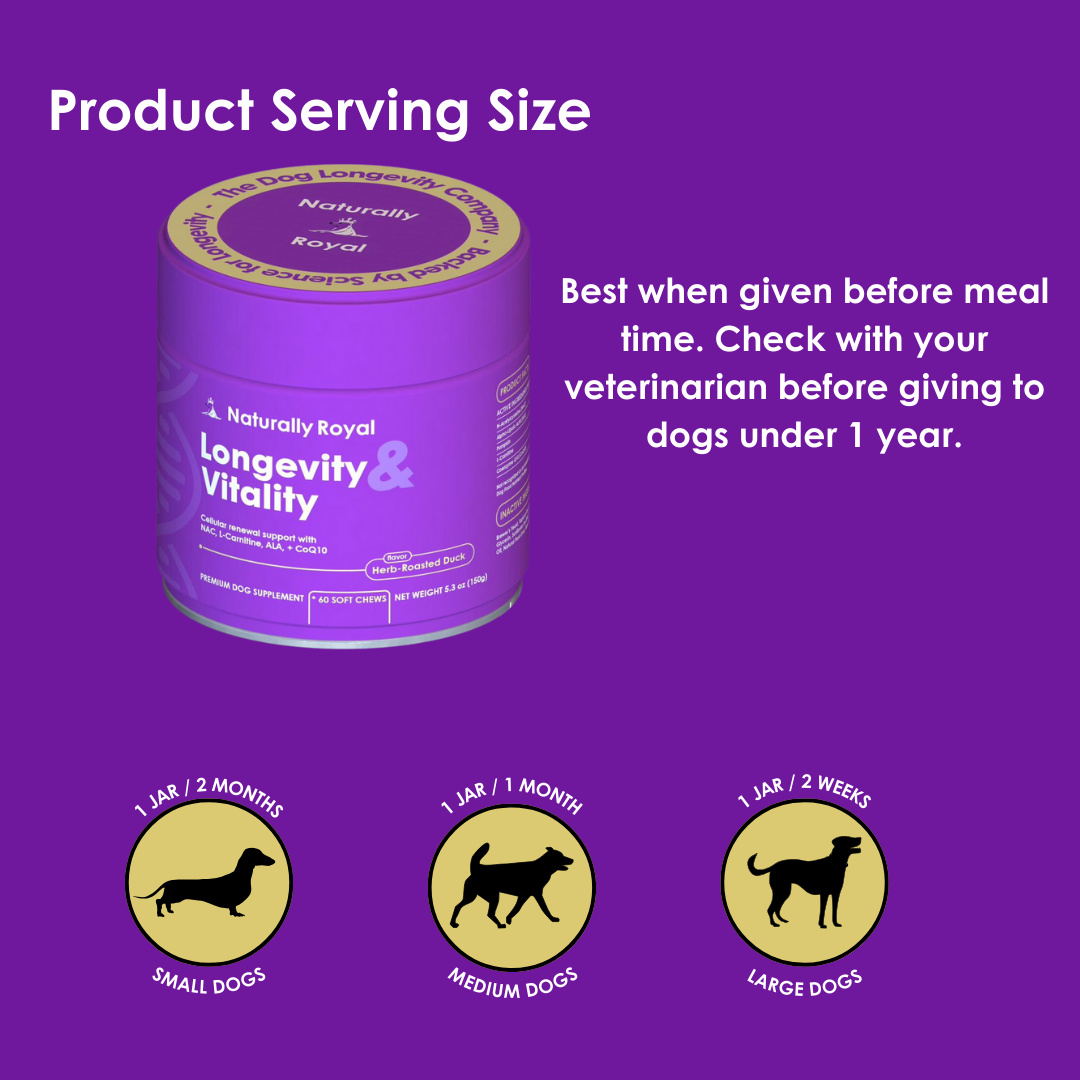Should You Be Worried About Mpox for Your Dog?
As the mpox virus (formerly known as monkeypox) continues to spread in parts of Africa, with global health organizations declaring it a significant health emergency, many pet owners are naturally concerned about the potential risks to their pets, particularly dogs. However, based on the current scientific understanding and expert guidance, there is no need for dog owners to be overly worried about mpox affecting their pets.
What is Mpox and How is it Transmitted?
Mpox is a viral disease that primarily affects humans and some wild animals, like rodents and primates. It is transmitted through close contact with infected individuals or animals, bodily fluids, respiratory droplets, or contaminated materials. While the virus has been spreading in certain human populations, particularly in parts of Africa, it has not been shown to significantly affect domestic animals like dogs.
Risk to Dogs
So far, there have been no confirmed cases of mpox spreading to dogs or any evidence suggesting that dogs are susceptible to the virus. The virus's transmission routes—primarily involving close human-to-human contact or contact with infected wild animals—do not easily apply to domestic dogs. As a result, organizations like the World Health Organization (WHO) and the Centers for Disease Control and Prevention (CDC) have not identified dogs as being at risk.
Precautions for Dog Owners
While the current risk to dogs from mpox is extremely low, it's always a good idea to maintain general hygiene practices to protect your pets from any potential health risks. This includes washing your hands after contact with animals, keeping your dog's environment clean, and avoiding contact with wildlife that could potentially carry diseases. If you live in an area where mpox is prevalent, remain informed about local health advisories, but rest assured that your dog is not at significant risk from this virus.
No Need for Panic
In conclusion, while mpox is a serious concern for human populations in certain parts of the world, dogs are not currently considered at risk for this virus. The lack of evidence supporting transmission to domestic dogs means there is no need for undue concern. As always, maintaining a clean and safe environment for your pet is the best way to ensure their health and longevity. For now, the focus should remain on preventing human-to-human transmission and following public health guidelines related to mpox.





